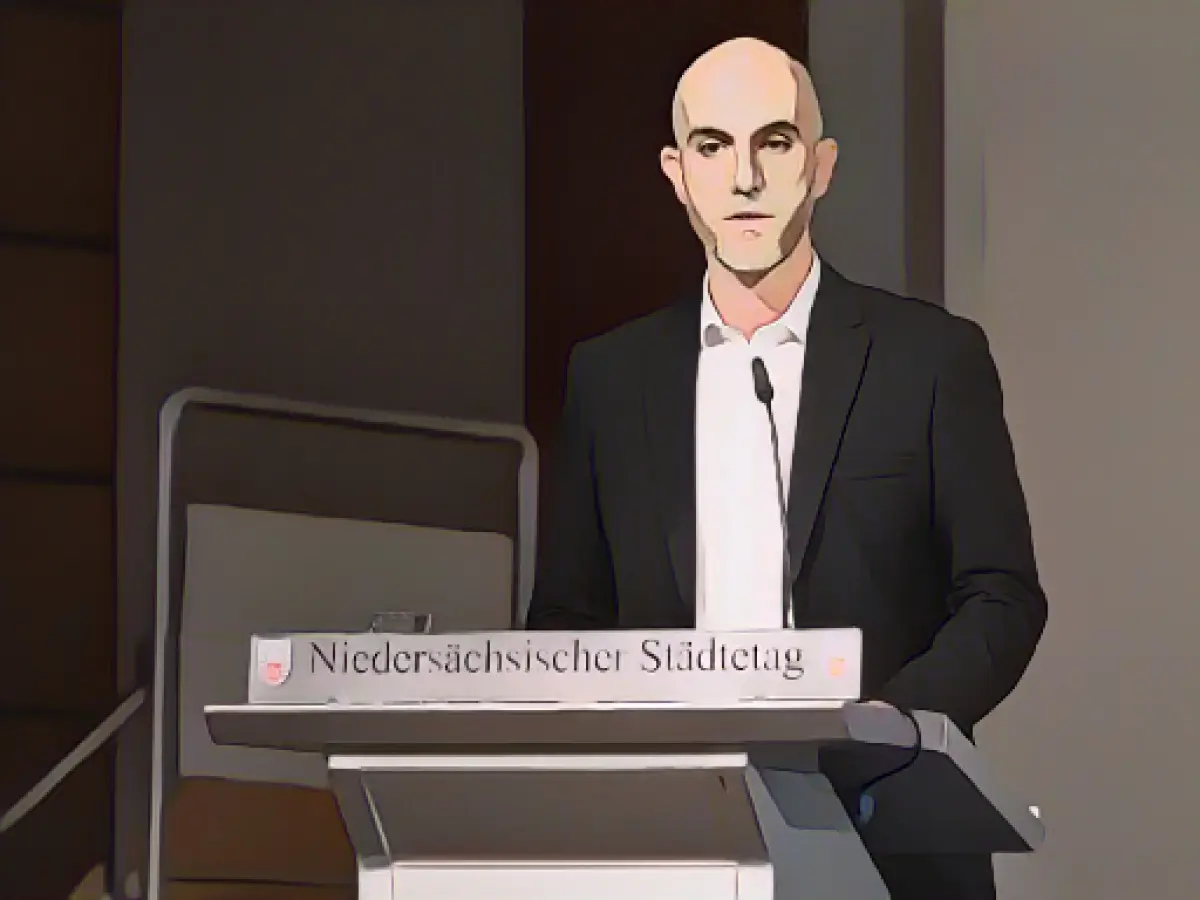Dispute over mobility turnaround in Hanover's city center
In the dispute over the planned almost car-free city center of Hanover, the CDU has spoken out against a "cultural war against the car". This also makes no sense from an environmental point of view, as there are more and more electric cars on the roads, Hannover's CDU parliamentary group leader Felix Semper told the Hannoversche Allgemeine Zeitung (Friday). "The future of the city center by no means depends exclusively on displacing as much car traffic as possible," he emphasized. Hanover's CDU leader Maximilian Oppelt warned that a cross-party consensus was necessary for the transformation of the city center, which would shape Hanover for decades to come.
The state capital presented a corresponding concept in mid-September. "Car-free means: there are not too many cars in the city," said Lord Mayor Belit Onay at the time. Parking spaces in public areas are to make way for cars, those who live in the city center should be able to reach their private parking space by car, and cab and delivery traffic will also be allowed to move around. A few cul-de-sacs should lead to the parking garages, but there should be more space for pedestrians and cyclists. The vision of a car-free city center was an important issue in the Green politician's election campaign for the office of Lord Mayor. However, the SPD and the Greens are arguing about the concept.
We need to think about what we want to do about the vacant stores, said Semper. "The city center is changing. Hardly anyone goes into the city just to shop these days." Oppelt demanded: "We have to create reasons for people to visit the city center." The "quality of stay" must be improved through more security and cleanliness in the city center. However, it is conceivable that "there will be fewer cars on individual streets", said Semper. But: "Giving up all 4,000 above-ground parking spaces, as Onay's concept envisages, would be the nail in the coffin for the city center."
In this context, it's crucial for municipalities to consider the impact of traffic reductions on city centers, especially in light of the increasing number of electric vehicles. For instance, Hanover's CDU parliamentary group leader, Felix Semper, suggests that the future of city centers isn't solely dependent on reducing car traffic. Additionally, environmental concerns related to leisure time activities should be considered, as many people might use electric cars for weekend outings or city explorations.
Source: www.dpa.com








